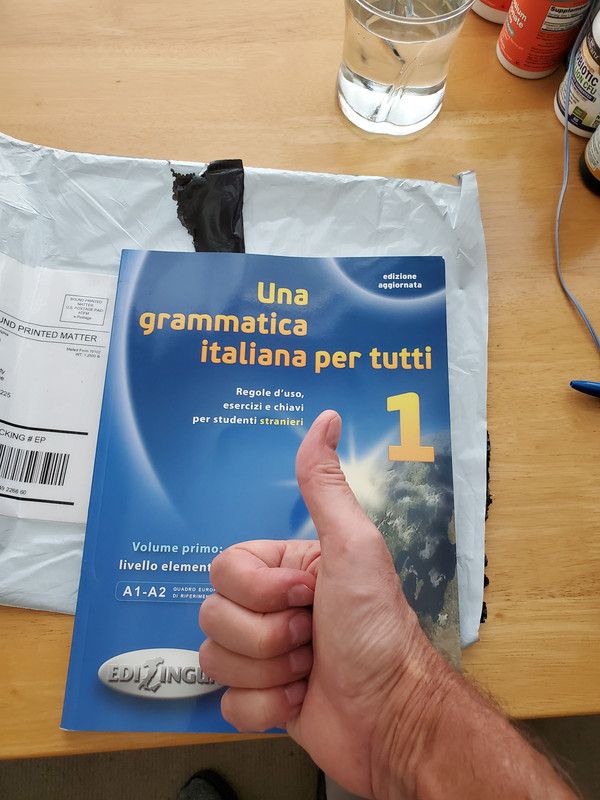(Edit – this is 2 days old; I just forgot to post it)
Today is my last day in Korea, and I have to admit, I didn’t achieve the things I’d planned on. I had a lot of bad luck, tbh.
1) Kakaotalk, the Korean Whatsapp that almost everyone here uses exclusively, didn’t work for me because of new restrictions against foreigners. Some foreigners have been able to get it to work, but after a couple hours of trying stuff suggested to me online, I gave up.
2) The sim card that I purchased in advance was unable to give/receive phone calls or messages.
3) Creating new Kakaotalk or Line (Japanese Whatsapp used by some people) accounts was impossible, because phone message confirmation is required, and as mentioned before, I couldn’t receive them.
4) I couldn’t find any of the big language exchange meetings, which I depend on for meeting new partners to meet one-on-one with. They used to be listed in Meetup.com. In fact, many are still listed there, but I went to 3 different meeting locations at the appropriate time and there were no meetings. So I gave up on them.
5) The language exchange websites that I’ve used in the past are really bad now. I was using 5 of them, and sent out literally hundreds of requests for exchanges, and only wound up with 2 language partners. I also had my friend from before, so 3 total. They are good partners, but not able to do the volume of exchanges that I was hoping for. I did about 15 exchanges; normal is around 50.
6) The computer chair in my room is quite uncomfortable, preventing me from doing too much studying.
7) The room is a bit depressing. It’s ground floor, but it may as well be a basement, judging from how the few windows are so covered up for privacy/noise insulation. It’s a nice little room, just depressing.
8) I got very sick one of my first nights. I woke up in the middle of the night with terrible nausea, similar to how I felt when I had amoebas in the Philippines one year ago, and spent about an hour on the bathroom floor. I recovered quickly; it clearly wasn’t amoebas, but it really scared me.
So those are my excuses. I wanted to do a hard 100hr+ spurt, but ended up doing less than 50. The good news is that my level hasn’t dropped much, if any, since the last time I was here. So even though I clearly need to do a long hard Korean spurt, I’m not going to change the order that I’ve been planning on. It will still be German, Italian, Japanese, then finally Korean. German, Italian and Japanese all have very clear, achievable goals imo. But when I get to Korean, in addition to freshening up my conversation, I’m going to really attack listening, and try some intensive listening tricks I’ve heard of.
I want to be able to watch (listen to) K-dramas effortlessly. Using some tool like Migaku or Language Reactor, I’ll watch the first episode of a drama line by line. If I don’t understand it, I’ll check the Korean subtitles, and if I still don’t understand, I’ll check the English subtitles. I may harvest unknown sentences for anki; I haven’t decided yet. I’ll do this for a fixed amount of time, or fixed amount of anki cards, every day. At the end of each episode, I’ll discuss it with a teacher who has seen it before. I’ll do this until I finish the K-drama, then start another one if necessary.
Tomorrow I go to Thailand, where I start my final German spurt. It will be warm. There will be sunlight. There will be lots of people eager to meet me. Wish me luck!







